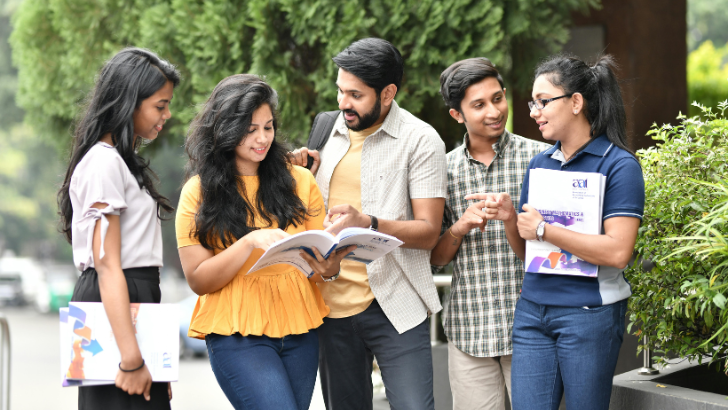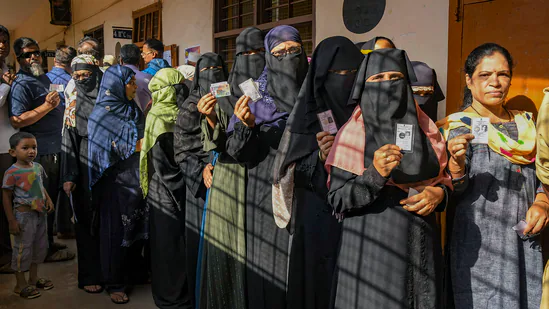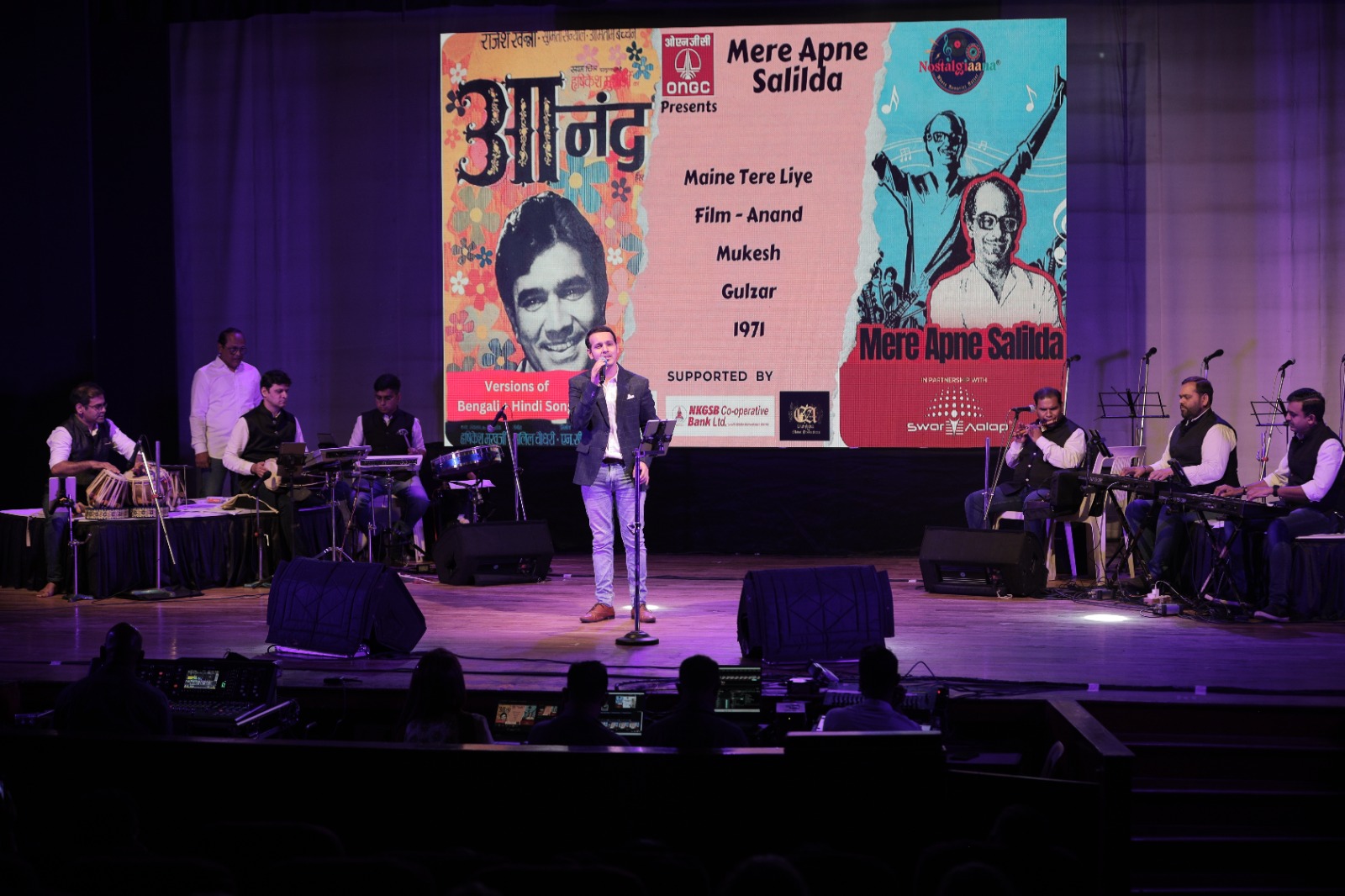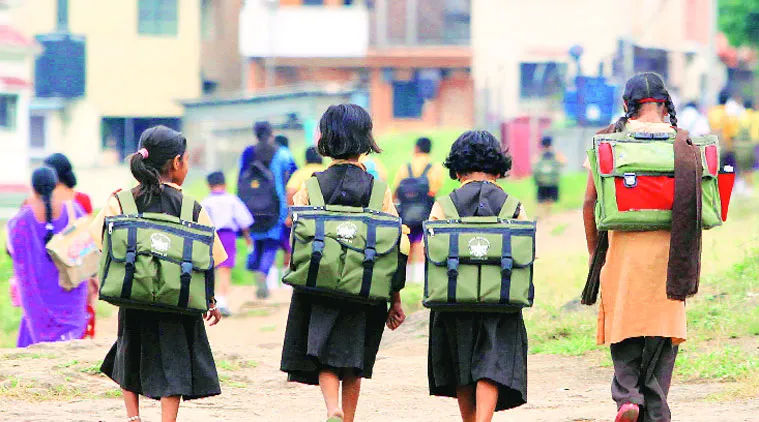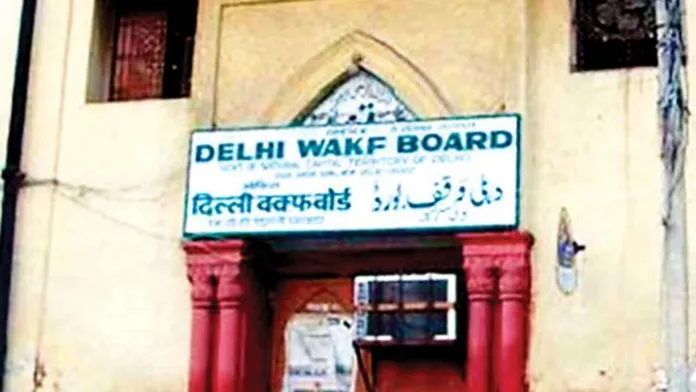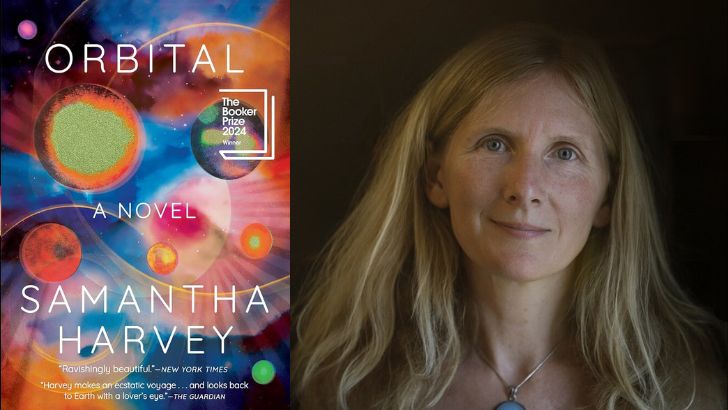India under Modi: Policies, schemes or propaganda?
From Nehru to Manmohan Singh, each of our prime ministers put the people of the nation ahead of their glories
-
Clockwise from top left: Jawaharlal Nehru, PV Narasimha Rao, Narendra Modi and Manmohan Singh. PHOTO: ANI
First prime minister Jawaharlal
Nehru inspired generations of Indians to strive for the best. His words, “The
service of India means the service of the millions who suffer. It means the
ending of poverty and ignorance and disease and inequality of opportunity. The
ambition of the greatest man of our generation has been to wipe every tear from
every eye. That may be beyond us, but as long as there are tears and suffering,
so long our work will not be over,” were not only pragmatic, but they
reflected a true visionary and nationalist in him.
Not many in the current generation
or even in politics can relate to the difficult times India got her
Independence, and what it took to reach $3.75 trillion GDP in 2024 (7.75 per
cent of global GDP) from Rs 2.7 lakh crore GDP (3 per cent of global GDP) in
1947. From Nehru to Manmohan Singh, each of our prime ministers put the people
of the nation ahead of their glories.
Nehru set the roadmap of modern
India with the implementation of the Constitution written by Dr BR Ambedkar. He
brought in the Hindu Code, which liberated millions of women. He built
world-class institutions and infrastructure including ISRO, PSUs, IITs, AIIMS,
and dams which laid the foundation of a sovereign India. He not only shaped
India's foreign policy but was instrumental in creating an alternate power
equation through the Non-Aligned Movement (NAM). Nehru's five-year plan put the
development of the primary sector in the spotlight, and India recorded a 3.6
per cent GDP growth. Although the Indo-China war dented Nehru's image, he took
the blame for not being able to see the Chinese aggression even as he signed
peace treaties.
Lal Bahadur Shastri, in his short
tenure, left a large footprint by making India food-sufficient via the Green
Revolution, and the White Revolution, and setting up the Food Corporation of
India. "Jai Jawan Jai Kisan" became a national slogan that
immortalized Lal Bahadur Shastri's policy of food and national security.
Indira Gandhi, India's first woman
prime minister, furthered the agenda of making the wealth of the nation
accessible to all with land reforms and the nationalisation of banks. India was
made a nuclear power under her, and she also ensured the liberation of
Bangladesh by winning the war against Pakistan. Even though the Emergency was a
blot on democracy, Indira’s comeback was more popular than ever. She
strengthened foreign policy, and food security, and displayed an iron hand
against terrorism and insurgency.
After Indira’s assassination, her
son Rajiv Gandhi was made the prime minister. He laid the foundation of
technology-enabled India. He reduced the voting age of a person to 18 years.
Computerisation, the National Education Policy, the telecom revolution,
panchayat raj system put India on an aggressive growth path. He also
established policies that enabled India to become a global leader in
vaccination production.
PV Narasimha Rao, the Father of
Economic Reforms, ended license raj and created jobs. He facilitated the
nuclear programme that led to the second nuclear test during prime minister
Atal Bihari Vajpayee's government.
Atal Bihari Vajpayee was the first
non-Congress prime minister to complete a full term. His Sarva Shiksha Abhiyan
brought much-needed attention to education. Golden quadrilateral, highways, and
village roads saw a giant transformation in road infrastructure during his
tenure.
Manmohan Singh, probably the most
unexpected of the prime ministers, as an economist, strengthened the economy
and put it on the fast track. He insulated the economy from global recession.
The right-based flagship programmes that include the Right to Education, Right
to Information, MGNREGA, Aadhaar, DBT, and Civil Nuclear Agreement remain the
most successful programmes.
However, even though under Prime
Minister Narendra Modi’s leadership there has not been a major flagship
programmeme, he has criticised 65 years of achievements of the nation on every
possible occasion. He renamed most of the existing programmemes to claim
ownership, but he has not shown any accountability over issues such as the
de-monetisation decision, Covid deaths, Rafale scam, Manipur unrest, Pulwama
terror attack, his friendship with Gautam Adani and Mukesh Ambani, and over
destabilising elected state governments.
When Modi took the oath he spoke
about ‘minimum government, maximum governance’, but the opportunities to steer
the nation on a progressive path were lost in slogans such as ‘Acche Din’,
‘Saab Ka Saat, Saab Ka Vikas’, ‘Shrestha Bharat’, ‘Swacch Bharat’, ‘Viksit
Bharat’.
Abrogation of Article 370,
Citizenship Bill (CAA), and Triple Talaq Bill continue to be showcased as
achievements.
Under the regime issues such as
lack of transparency in governance, authoritarianism, weakening of the federal
structure, headline management, divide of South and North on power devolution,
funds, language, unemployment and poverty, rising crime against women, Dalits
and minorities, misuse of law enforcement agencies, muting the media,
increasing in the wealth gap between rich and poor, vendetta politics, and
blurring of the lines between politics and religion are threatening the
Constitution.
India’s ‘cultural nationalism’ is being engulfed by BJP ‘religious nationalism’, and the fear of majoritarian politics is creating unrest in the minds of people who believe in the idea of India that the founding leaders had established. Are we moving far away from the essence of the ‘Tryst with Destiny speech’? Are we embracing fanaticism where policies and programmemes are being replaced by propaganda?
Kavitha Reddy is
KPCC General Secretary
and the author’s views are personal
Leave a Reply
Your email address will not be published. Required fields are marked *








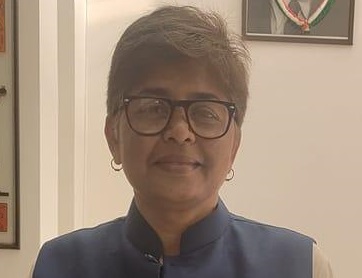
.jpg)

